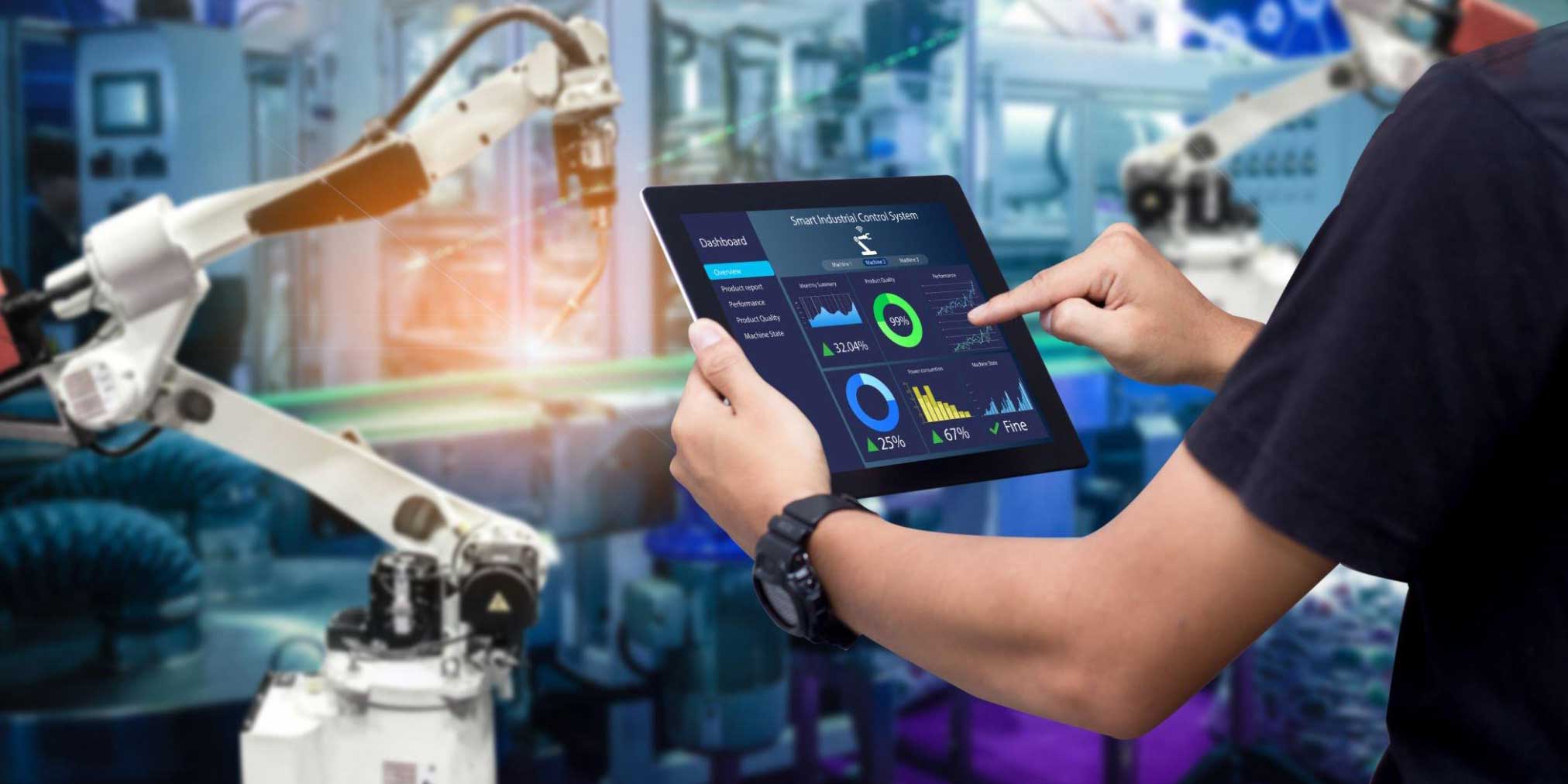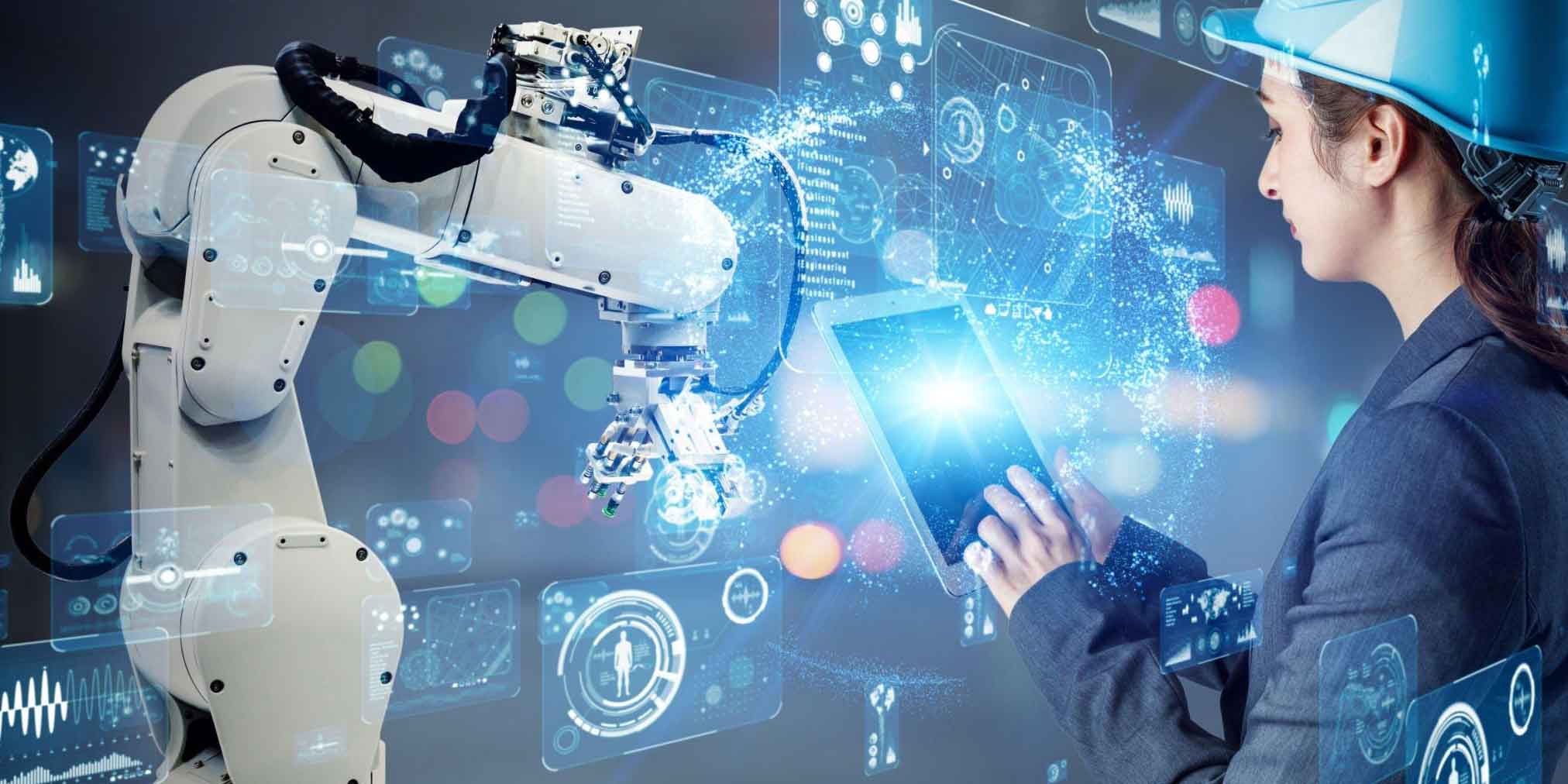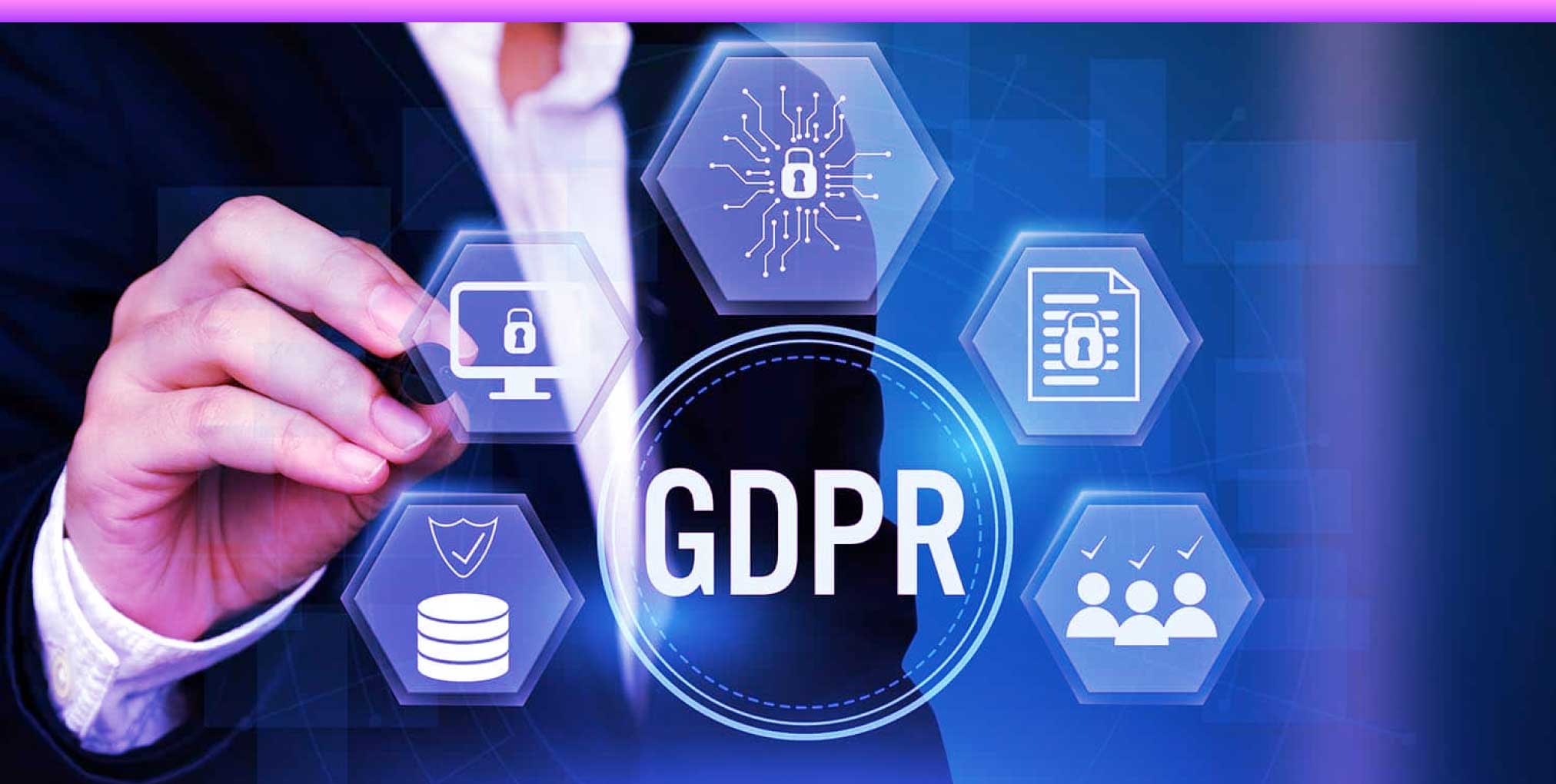

September 6, 2023
How AI Optimize Industrial IoT to Improve Efficiency and Cut Costs?
The Industrial Internet of Things (IoT) has revolutionized how companies operate and make decisions. However, with the increasing amount of data generated by these devices, it has become more challenging to manage and analyze them effectively. That’s where Artificial Intelligence (AI) comes in.
Integrating AI in IoT enables companies to analyze vast data, gaining unprecedented insights into production processes. This improves efficiency and reduces costs, making it a game-changer for industries. From predictive maintenance to supply chain optimization, AI in IoT is transforming industrial processes. It leads to greater productivity and helps businesses stay ahead of the curve.
Benefits of Optimizing Industrial IoT with AI
IoT has revolutionized industrial processes by enabling improved communication and data exchange. By using AI for IoT, industries can further optimize their operations by enhancing data analytics, decision-making, and automation.
AI-powered IoT systems can help industries:
- Save costs
- Achieve better efficiency
- Boost productivity.
AI predicts maintenance needs, minimizing downtime and improving operational efficiency.
Theoretically, Industrial IoT can generate vast amounts of data. Without AI, industries may lack the capability to analyze such data effectively.
With AI in IoT, enterprises can analyze and understand the data collected, making informed decisions that will further optimize their operations. Optimizing Industrial IoT with AI offers far-reaching benefits, revolutionizing future industrial processes.
How Does AI Help to Optimize Industrial IoT?
Increased Efficiency and Productivity
AI helps optimize Industrial IoT systems by improving efficiency and productivity. For instance, AI-powered predictive maintenance algorithms detect technical problems before they occur. It makes real-time decisions that help prevent equipment shutdowns, thus enabling continuous production.
Similarly, AI algorithms analyze data generated by IoT devices to provide insights and recommendations that optimize:
- Production levels
- Resource allocation
- Overall supply chain management.
AI and IoT create a symbiotic relationship enabling seamless automation and data-driven
decision-making. All of this leads to highly efficient and productive industrial operations.
Reduction in Costs by Predictive Maintenance
By using IoT solutions, industries can deploy predictive maintenance systems that constantly monitor machines and equipment in real time. This approach helps operators detect potential faults and take corrective measures before severe damage occurs. This thereby reduces maintenance costs and improves uptime. With AI, industries have the potential to transform operations and achieve higher levels of productivity.
Enhanced Security Measures
As industries continue to incorporate more interconnectivity into their operations, the risk of cyberattacks increases. This is where AI comes in to help. AI can help optimize industrial IoT by providing enhanced security measures to detect and prevent cyber-attacks.
By placing AI algorithms in these systems, they can immediately watch for anomalies and respond to any potential security breaches. This technology also provides advanced threat analysis capabilities, as well as identifying patterns of suspicious activity. This helps to ensure the safety of operations and prevents costly downtime.
Key Challenges When Implementing an AI System in Industrial IoT Environments
The Complexity of Data Management Architecture
Several critical challenges must be addressed in AI for IoT. One of the most prominent issues is the complexity of data management architecture. The sheer volume and diversity of data generated by IoT devices can make it difficult to collect and utilize this information effectively.
Organizations must develop a robust data management strategy to implement an AI system in an industrial IoT environment. Achieving this entails careful data processing, storage, and integrating advanced analytics tools. These tools enable the identification of patterns and insights within large datasets.
Successful AI application in IoT relies on effective data management and utilization to drive innovation and operational excellence.

-
Limited Accessibility to Historical Data
One of the key challenges is the limited accessibility to historical data. In an industrial setting, data is often collected from various sources. Therefore, the formats can be inconsistent. This makes it difficult for an AI system to use data for training and analysis. The limited access can result in an ineffective strategy with less accurate predictions.
Overcoming this challenge requires careful data management and powerful machine-learning algorithms. With the right approach, AI in IoT can revolutionize industrial processes, reducing costs and increasing efficiency.
-
Inconsistent Quality and Reliability of Inputs
When implementing an AI system in an industrial IoT environment, one key challenge is the need for more quality and reliability of inputs. The data inputs that the AI system is working with can come from various sources, such as sensors, machines, and humans. This can make it difficult for the AI system to interpret and analyze the data, causing incorrect conclusions correctly.
To overcome this challenge, vetting and validating all data sources carefully is essential. This ensures that the inputs are consistent, accurate, and reliable. Additionally, ongoing maintenance and monitoring of the data inputs are crucial. This check ensures that any issues or anomalies are detected and addressed promptly.
By carefully managing the data inputs, industrial IoT organizations can help to ensure that their AI systems can operate effectively.
As our world becomes increasingly connected through IoT, it’s no surprise that industry leaders are turning to artificial intelligence to pave the way. Companies can improve efficiency and ultimately reduce costs by utilizing AI technologies to optimize Industrial IoT. From predictive maintenance to energy management, the possibilities are endless.
So, if you’re a business owner looking to stay ahead, it’s time to jump on the AI bandwagon. After all, in the wise words of Alexander Graham Bell, “[The] achievement of one goal should be the starting point of another.” Let’s optimize our goals for efficiency and reduced costs with the help of AI.









